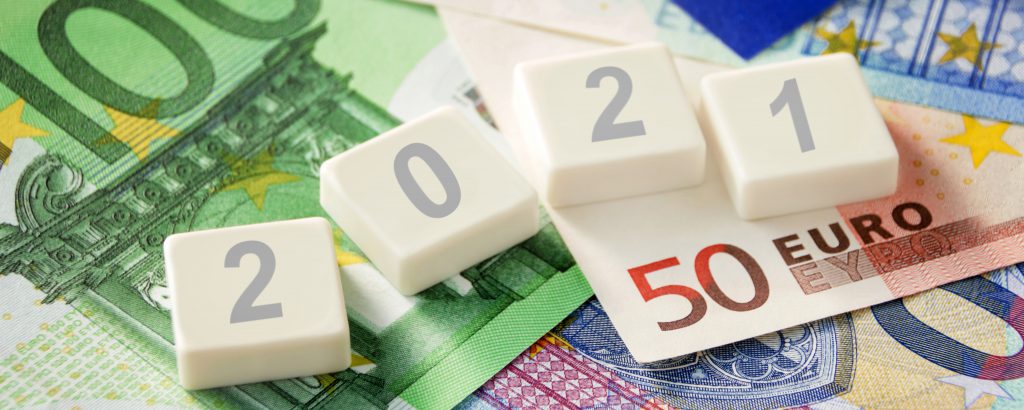Parliament approves seven-year EU budget 2021-2027

The European Parliament gave its go-ahead to the EU budget, known as Multiannual Financial Framework (MFF) for the period between 2021 to 2027. The approval means that EU citizens may start benefitting from this financial package as from the start of the forthcoming year.
€15 billion in top-ups for key EU programmes
This increase is the result of Parliament’s negotiating efforts to boost 10 selected EU flagship programmes over the next seven years to better protect citizens from the COVID-19 pandemic, provide opportunities to the next generation, and preserve European values. Thanks to this compromise, in real terms, the European Parliament triples the envelope for EU4Health, secures the equivalent of an additional year of financing for Erasmus+ and ensures that research funding will keep increasing.
New Own Resources
Negotiators agreed to the principle that the medium-to-long-term costs of repaying the debt from the recovery fund should neither come at the expense of well-established investment programmes in the MFF, nor result in much higher GNI-based contributions from member states. Therefore, EP negotiators have devised a roadmap to introduce new Own Resources to feed into the EU budget during the next seven years.
In addition to the contribution made as of 2021, based on how much unrecycled plastic a country has, the roadmap includes an ETS (Emissions Trading System)-based Own Resource (from 2023, possibly linked with a carbon border adjustment mechanism). It also includes a digital levy (from 2023), and a Financial Transaction Tax-based Own Resource as well as a financial contribution that the corporate sector must make or a new common corporate tax base (from 2026).
Parliament will keep an eye on how Next Generation EU funds are spent
These exceptional funds, provided outside the regular budget to restart the economy heavily impacted by the pandemic, will be spent in a transparent manner and Parliament, together with Council, will check any deviation from previously agreed plans.
Horizontal issues: biodiversity targets, gender and equal opportunities
There will be improved tracking to make sure that at least 30% of the total amount of the European Union budget and Next Generation EU expenditures will support climate protection objectives, and that 7.5% of annual spending will be dedicated to biodiversity objectives from 2024 and 10% from 2026 onwards.
Gender equality and gender mainstreaming will now be prioritised in the MFF, through a thorough gender impact assessment and monitoring of the programmes.
